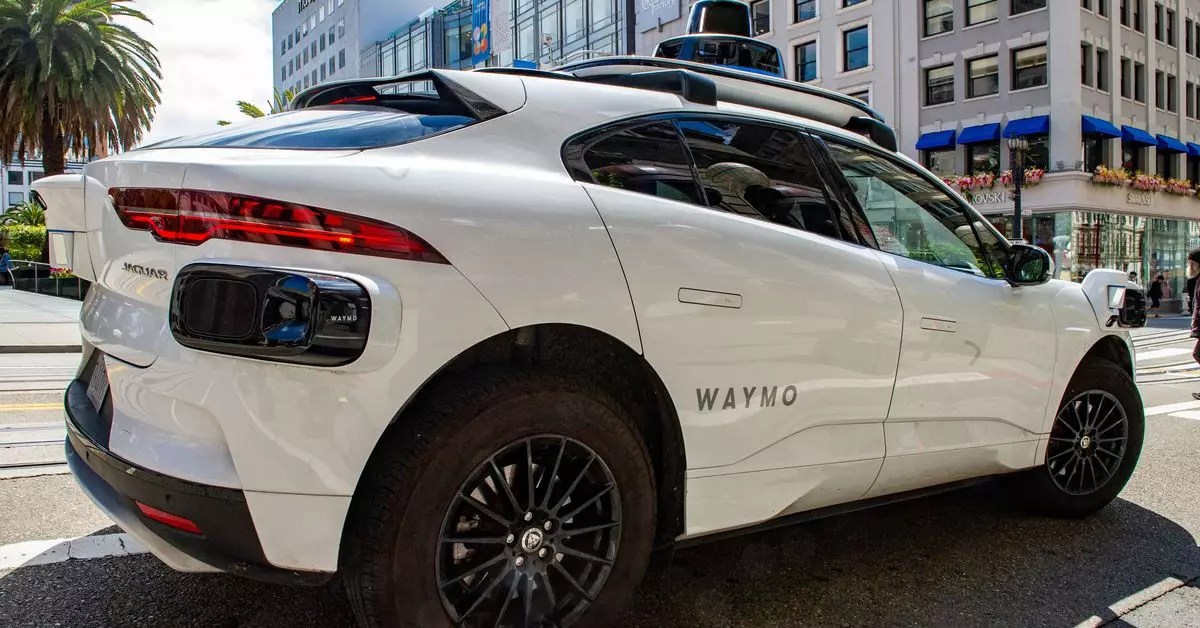Waymo, a frontrunner in the autonomous vehicle (AV) sector under Alphabet Inc., has recently announced its expansion into Tokyo, Japan. This marks a significant milestone for the company as it ventures outside the United States for the first time to test its sophisticated driving technologies on public roads. Tokyo presents unique challenges for autonomous driving, given its dense urban environment and the fact that vehicles drive on the left side of the road. Waymo’s initiative is framed as a “road trip,” highlighting its commitment to gathering valuable data to navigate these urban intricacies rather than immediately launching a passenger service.
The deployment will consist of approximately 25 vehicles, which are scheduled to arrive in early 2025. These vehicles will initially be operated manually but will serve as a means to collect crucial mapping data essential for further developments in autonomous driving. Interestingly, Waymo has partnered with Nihon Kotsu, a local taxi fleet operator, to manage these vehicles during the testing phase. This partnership underscores the importance of collaboration with local transportation providers in adapting AV technologies to the existing landscape.
One of the primary goals of Waymo’s foray into Tokyo is to comprehend how its technology integrates with Japan’s transportation system. Waymo spokesperson Sandy Karp has emphasized the company’s intent to learn about local complexities before attempting to launch a robotaxi service. The caution reflects a broader trend within the AV industry, where many companies are reassessing their strategies due to high costs and regulatory challenges. This careful approach contrasts sharply with the more aggressive expansion seen in other markets such as China and the United States.
The inclusion of GO, a popular taxi app in Japan, in this partnership could potentially pave the way for Waymo to offer its autonomous vehicles as part of a broader mobility solution. This strategy aligns with Waymo’s current practices in the U.S., where its vehicles are integrated into platforms like Uber’s ride-hailing service in cities such as Austin and Atlanta. By leveraging existing local infrastructure, Waymo might enhance its acceptance and facilitate smoother integration into the Japanese market.
In the United States, Waymo has made notable progress, operating around 700 vehicles across several key cities, including San Francisco, Los Angeles, and Phoenix. The company boasts that it provides approximately 175,000 paid trips per week, covering nearly a million miles per week. While its robotaxi service is gradually expanding, it faces stiff competition and scrutiny from other players in the industry, particularly as costs rise and companies adjust their strategies.
Notably, General Motors has recently signaled a pivot away from significant investments in its Cruise division, indicating a shift toward driver-assist technologies rather than fully autonomous solutions. This trend raises questions about the long-term viability of autonomous taxi services and the market’s overall direction. Waymo’s decision to venture into Tokyo could be construed as both a risk and an opportunity in this volatile landscape, especially as other automakers prioritize their operations abroad.
While Waymo’s Tokyo initiative anticipates a future where fully autonomous vehicles could cruise the bustling streets of Japan’s capital, the current focus remains on building a foundation for future operations. Initially, trained specialists will oversee the vehicles, transitioning to the hands-free autonomy stage as conditions permit. However, there’s a veil of uncertainty looming over the potential for fully driverless operations. This cautious approach may reflect the broader uncertainties surrounding regulatory considerations and consumer acceptance of AV technology.
Japan’s rich automotive heritage comes with intricacies that make it challenging for companies like Waymo to fully integrate their solutions domestically. Despite this, the excitement surrounding Waymo’s entry into Tokyo illustrates a belief in the transformative potential of autonomous vehicles. As the global landscape for AVs evolves, the results of Waymo’s data collection efforts could play a pivotal role in determining the future of this technology, not only in Japan but worldwide.
Waymo’s Tokyo venture signifies a bold step into the international arena, setting the stage for an intricate dance between local insights and technological advancement. With careful navigation, Waymo may pave the way for a future where autonomous vehicles become an integral part of urban transportation across the globe.


Leave a Reply